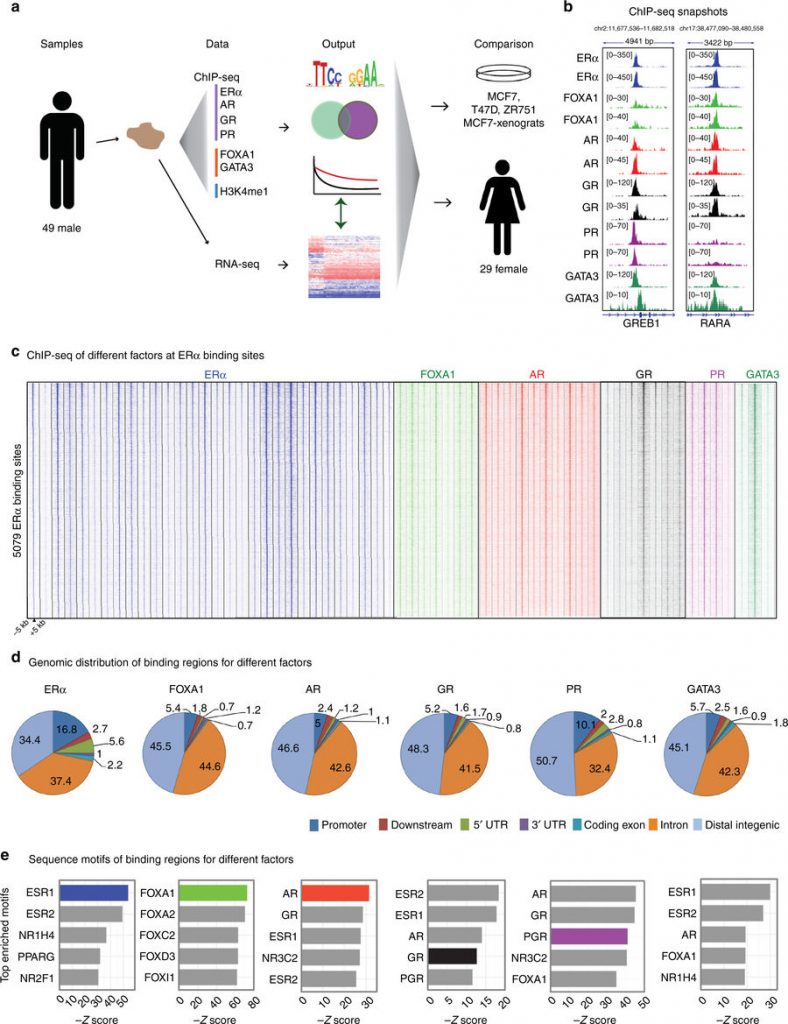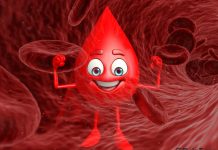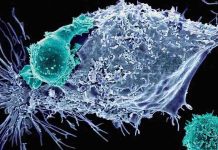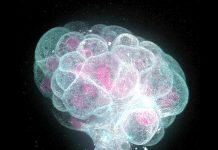Most tumors in men barely differ biologically from those in women. But in tumors that react badly to anti-hormonal treatment, the researchers saw subtle differences between the two sexes. These new insights constitute another significant step towards the best-personalized treatment for men and women.
The researchers published their findings on February 2 in the scientific journal Nature Communications. Link at the end
Therapy based on treatment of women
Approximately 100 men per year are diagnosed with breast cancer in the Netherlands, compared to more than 14,000 women. In the vast majority of breast cancers, both in men and women, the tumor is hormone-sensitive. This means that hormones, like estrogen, influence the DNA, causing cancer to grow and eventually to spread. Anti-hormonal therapy, aimed at blocking the female hormone estrogen, is therefore also often part of the treatment for men. Usually with the effect but also with stressful side effects. However, there was not yet a scientific basis for giving men the same procedure as women. The researchers, led by Wilbert Zwart, have now mapped the hormonal function over the entire tumor DNA for the first time and compared men and women.
Big picture: hardly any biological difference
The first conclusion was that by far most of the breast tumors in men and women are barely distinguishable from each other. This provides a scientific basis for the current practice of giving men and women the same anti-hormonal therapy.

In tumors with less favorable prognosis, there are differences
But as with women with hormone-sensitive breast cancer, there are also men whose cancer still comes back despite the treatment. This group is therefore likely to benefit from a different or supplementary approach. And it is precisely in this group of men that the DNA profiles of the tumor appear to be gender-specific.
YOU MAY LIKE: Personalized Cancer Treatment 2.0: New Combination Strategy Developed
Step towards customized treatment
Wilbert Zwart: ‘We had already seen that very specific patterns in women are predictive of the course of the disease. In patients with a less favorable course of the disease, other sites of the DNA are active under the influence of hormones. That says something about the therapy sensitivity of each individual tumor and this knowledge is essential when looking for personalized therapy. In men, we also see specific patterns that are different than in women. If we are to work towards a personalized therapy for men, the selection of medicines may, therefore, have to be slightly different. But a lot of research is still needed for this.’
This research is funded by KWF (Dutch Cancer Society), Alpe d’HuZes and The Netherlands Organisation for Scientific Research (now).
Molecular biologist Wilbert Zwart from the Netherlands Cancer Institute specializes in hormone-sensitive cancer. He and co-author Lodewyk Wessels are two of the 43 research leaders at the new Oncode Institute that was opened by Queen Máxima on February 5.











